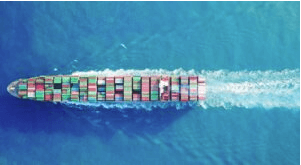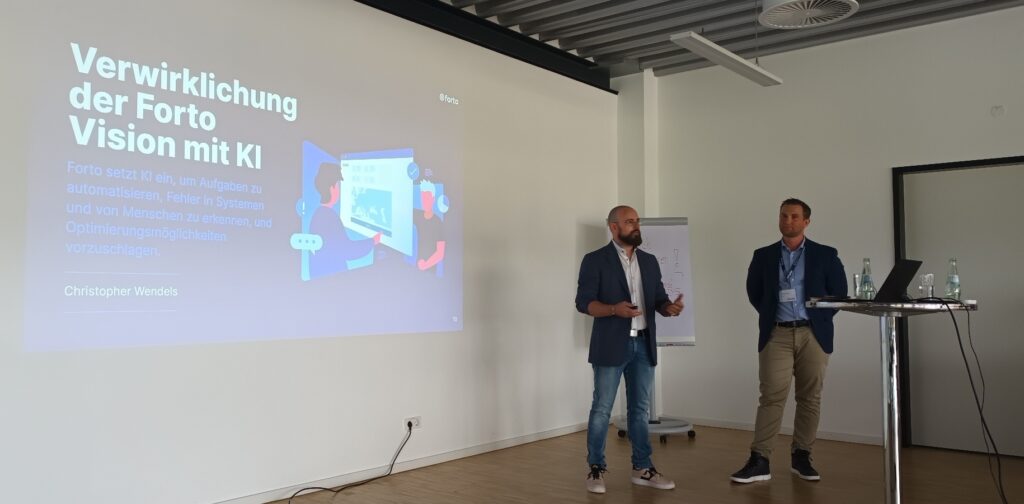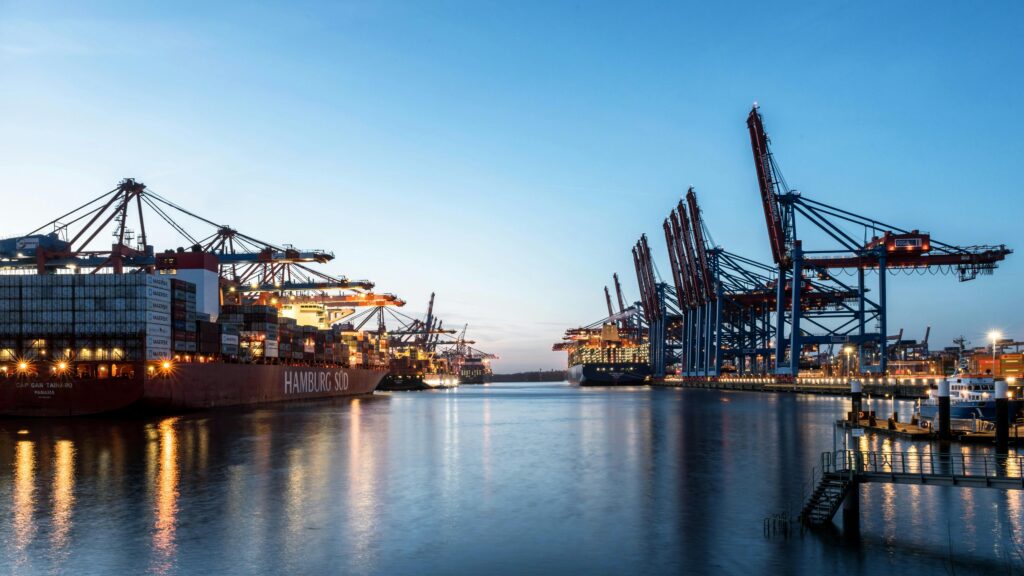- The Law of General Average regulates the property settlement of a major average in shipping.
- The blockage of the Suez Canal blockage caused by the Ever Given has brought the principle of General Average in shipping into the limelight again.
- A transport insurance can prevent from any damage caused by General Average.
At latest since the blockage of the Suez Canal, the term “General Average” has been on everyone’s lips again. But what exactly this term means and what the legal context is, you will find out exactly by reading the following blog article.
General Average
An overall answer is provided by the Law of General Average, a law historically anchored in maritime history for the property settlement of a General Average. Today’s regulations date back to the Lex Rhodia de iactu from around 800 BC. A code laid down in the maritime law of Rhodes, according to which, in the case of an accident, the vessel owner could, for example, throw goods overboard to save the ship and its cargo. All cargo owners who had lost sea cargo in the accident could demand compensation. However, the vessel owner could also oblige the cargo owners of the rescued goods to pay compensation.
This legal principle of a community sharing all the risk – vessel and goods owners jointly participate at the costs of a disaster – was adopted in the York-Antwerp Rules in 1890 and constantly modernised. Today, the Comité Maritime International administers these rules at General Average. Most states have transposed such regulations into national law. They are almost invariably incorporated in sea freight contracts.
General Average Regulations
If the vessel owner declares General Average after a shipping accident, the costs incurred in rescuing the vessel are divided between the ship and the cargo. This can refer to both extraordinary expenses, for example by salvage of the vessel, but also to costs incurred by sacrifice, for example by throwing the goods over sea. In general, the regulation indicates: All parties involved in the ocean voyage are liable for the damages and costs and contribute to the loss based on the value of their cargo. This can force retailers to financially cover the entire value of their transported goods.
To split the total costs of the incident can be quite complicated. Therefore, specialists, so-called average adjusters, take over the determination of the individual cost shares. This procedure can take a long time, as there are usually numerous cargo owners involved in the process.
What does General Average mean for Retailers?
In the case of General Average, the respective vessel owner demands all parties to deposit a security in the amount of the value of the goods and places a lien on the cargo until the payment is made. Those who do not deposit the security have no claim to their goods. For retailers this can mean great losses, at least if they have not insured their containers against the risk of General Average.
Protection against the Risk
Just as the case of the Ever Given provided – unforeseeable can happen when goods are being transported every time. General Average is often closely connected to very long calculation times. Since it is usually not clear who bears what share, when the retailer will finally receive their goods and whether security will be due, transport insurance becomes essentiell. This contributes to financial protection by providing cash deposits or bank guarantees easily. However, especially considering the aspect that the income usually made by the goods will be lost in the beginning, it makes sense to dive deeper into this topic. Also in order to be able to procure a replacement for the currently inaccessible goods as quickly as possible. Furthermore, it takes a certain time until the goods are replaced on site – an additional problem when warehouses are empty. Good risk management for transport therefore helps to minimise these losses.
We at Forto, offer you the option to insure your transports. From door to door and beyond the liability limits of the German Commercial Code. Do you have any questions? Do not hesitate to contact us here.







